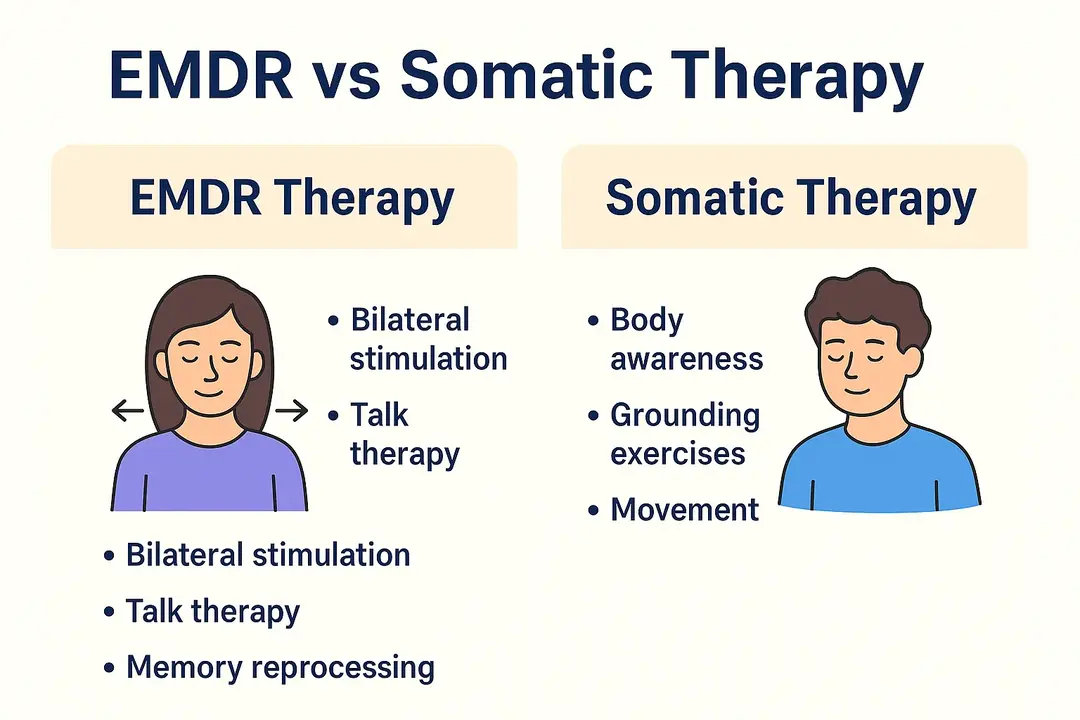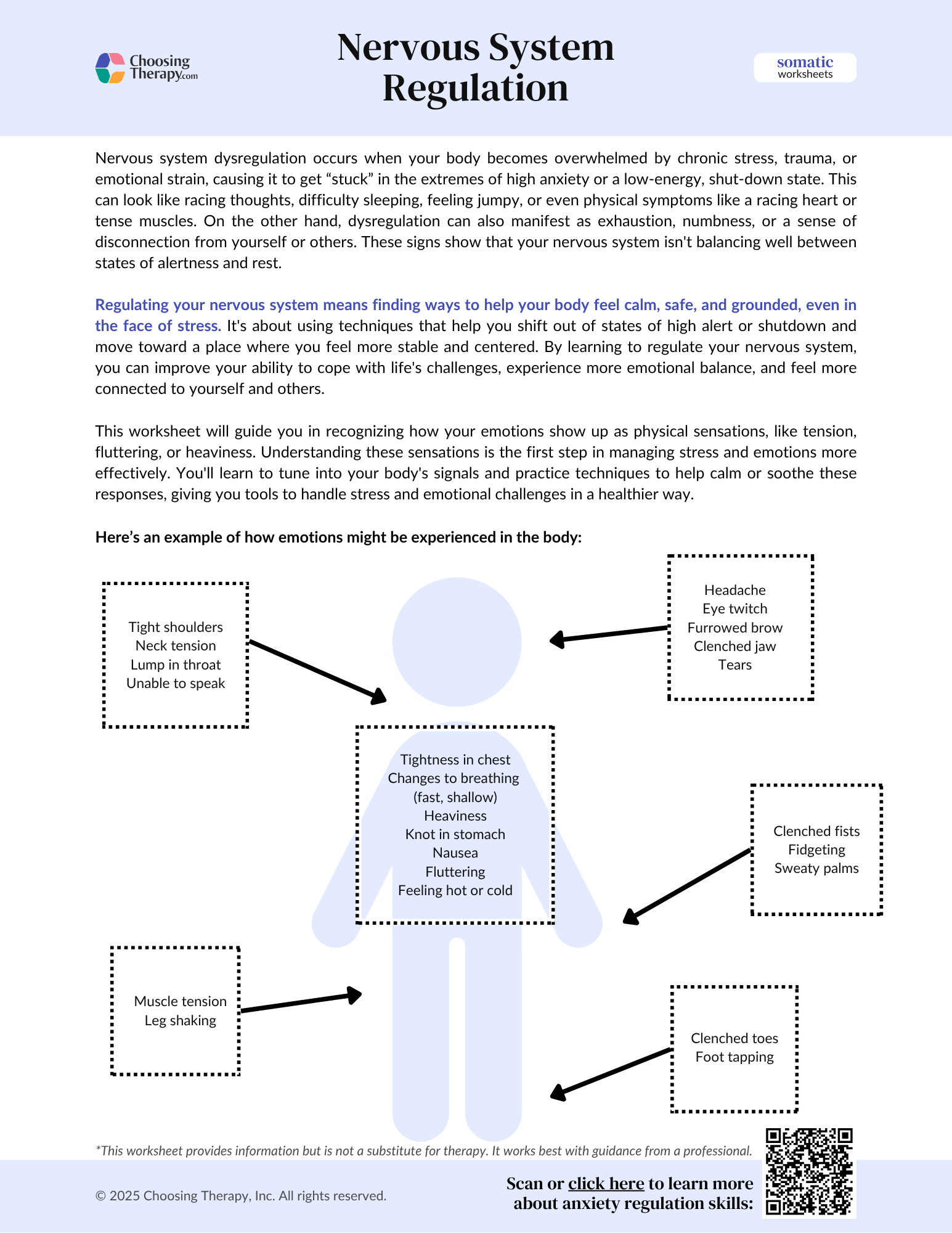Featured
Table of Contents
- – Comprehending Transgenerational Injury in Immi...
- – Why Conventional Therapy Autumns Short
- – The Bicultural Treatment Advantage
- – EMDR: Evidence-Based Treatment for Facility Tr...
- – Multilingual Therapy: Language and Emotional P...
- – On The Internet Therapy: Eliminating Barriers ...
- – Key Therapy Components for Bicultural Mental H...
- – Typical Healing Focus Locations
- – The Cultural Context of Mental Health And Well...
- – Treatment Timeline and Expectations
- – Key Phrases for Locating Bicultural Treatment
- – Taking the Very First Step
Grown-up children of immigrants deal with distinct psychological health and wellness challenges that common treatment commonly misses out on. The consistent negotiation between cultural globes, unspoken family members assumptions, and acquired trauma patterns require customized understanding-- not just clinical training, however lived social proficiency.
Comprehending Transgenerational Injury in Immigrant Family Members
Transgenerational injury refers to psychological and mental wounds passed down through generations. When moms and dads experience battle, forced migration, mistreatment, or survival-level difficulty, their worried systems adapt to constant hazard. These adaptations-- hypervigilance, emotional suppression, wonder about of outsiders-- often transfer to their children via parenting styles, household dynamics, and even epigenetic changes.
First and second-generation Americans often experience stress and anxiety, guilt, anxiety, and identity complication without recognizing the resource. Usual symptoms include persistent stress and anxiety regardless of steady circumstances, trouble establishing boundaries with household, shame over individual choices that differ from social standards, psychological pins and needles or problem expressing sensations, perfectionism and fear of failure, and relentless self-doubt regardless of unbiased success.
Study reveals these aren't character flaws-- they're anxious system reactions acquired from moms and dads that survived in survival setting.
Why Conventional Therapy Autumns Short
Traditional healing approaches were established largely by and for white, Western populations. When therapists do not have social competence, they frequently misinterpret culturally normative actions as pathological. Household distance becomes "enmeshment." Respect for seniors becomes "lack of ability to individuate." Cumulative values come to be "codependency."
This social mismatch causes several issues. Treatment suggestions conflict with social worths, creating impossible options. Clients really feel misunderstood and revoked, minimizing therapy efficiency. Social toughness and resilience aspects go unrecognized. Embarassment and sense of guilt magnify instead of resolve.
For immigrant households, treatment should honor both the social context and the mental reality-- acknowledging that bicultural identity isn't an issue to address yet a legit experience needing customized support.
The Bicultural Treatment Advantage
Bicultural therapists bring necessary understanding that goes beyond medical training. They acknowledge the subtleties of navigating two worth systems, understand family members dynamics within cultural context, talk the exact same social language (frequently actually), verify the intricacy without pathologizing either society, and identify transgenerational trauma patterns common in immigrant communities.
This cultural attunement permits deeper, faster therapeutic work. Clients spend much less time explaining and protecting their experience, and more time really healing.
EMDR: Evidence-Based Treatment for Facility Trauma
Eye Movement Desensitization and Reprocessing (EMDR) has actually shown particularly efficient for adult kids of immigrants handling transgenerational injury. Unlike standard talk therapy, EMDR aids the mind reprocess stressful memories and limiting ideas kept at a neurological degree.
EMDR works through reciprocal stimulation (eye activities, touching, or sounds) while refining upsetting memories or ideas. This assists the mind full interrupted handling, lowering emotional cost and physical distress connected with injury.
For bicultural people, EMDR addresses acquired restricting ideas like "I'm not nearly enough," "I do not belong anywhere," "My needs do not matter," "Success implies betraying my household," and "I should be best to be entitled to love."
Research shows EMDR's performance for PTSD, facility injury, stress and anxiety conditions, anxiety, and cultural change issues-- all usual amongst immigrant populaces.
Multilingual Therapy: Language and Emotional Processing
For numerous bicultural people, psychological experiences are inscribed in different ways throughout languages. Childhood memories and family dynamics frequently exist in the native language, while adult experiences and specialist identity attach to English.
Bilingual treatment allows customers to gain access to deeper psychological material by relocating in between languages as required. This captures subtleties shed in translation and addresses the fact that some sensations just do not have equal words across languages.
On The Internet Therapy: Eliminating Barriers to Specialized Treatment
Discovering culturally qualified specialists learnt trauma-specific modalities can be virtually difficult in lots of locations. Online therapy gets rid of geographical limitations, making specialized bicultural treatment easily accessible statewide.
Studies validate on-line treatment produces equivalent end results to in-person therapy for stress and anxiety, anxiety, injury, and anxiety monitoring. EMDR converts efficiently to telehealth with screen-based eye motions, self-administered touching, or reciprocal sound excitement.
Fringe benefits include versatility for hectic specialists and caretakers, no commute time or traffic tension, personal privacy and comfort of home atmosphere, and much easier organizing across time zones.
Key Therapy Components for Bicultural Mental Health
Effective therapy for grown-up youngsters of immigrants should consist of verifying the bicultural experience without minimizing either viewpoint, discovering household characteristics within their social context, refining transgenerational injury using evidence-based approaches like EMDR, addressing specific difficulties like guilt, stress and anxiety, and identity complication, developing boundary-setting skills that respect social worths, and building authentic identification that integrates instead of selects in between cultures.
The objective isn't to turn down cultural heritage or dismiss American worths-- it's to develop an incorporated feeling of self that draws toughness from both.

Typical Healing Focus Locations
Bicultural treatment normally deals with shame around personal selections that vary from family members expectations, stress and anxiety pertaining to disappointing parents or social area, identification complication from living in between two worth systems, relationship obstacles including dating and marital relationship across cultures, job choices and adult approval, communication troubles with immigrant parents, and processing details traumas connected to immigration, discrimination, or cultural variation.
Numerous clients also resolve grief for parents' sacrifices and lost opportunities, rage at social limitations or unjust assumptions, and shame around not being "enough" in either culture.
The Cultural Context of Mental Health And Wellness

In many immigrant cultures, mental health and wellness has a hard time lug significant stigma. Looking for therapy can feel like admitting failing, being thankless, or bringing pity to the family members. Bicultural specialists understand these concerns and can help clients navigate them.
Therapy typically includes psychoeducation about just how injury affects the nerves, normalizing mental wellness struggles within social context, creating language to go over treatment with family members if preferred, and recognizing cultural staminas while addressing areas of battle.
Treatment Timeline and Expectations
Healing transgenerational injury varies extensively based upon intricacy of injury, private objectives and preparedness, therapeutic technique utilized, and uniformity of therapy engagement.
Some customers experience considerable relief within weeks making use of intensive EMDR approaches. Others benefit from longer-term treatment that attends to several layers of injury and identification development. Both paths are valid.
The healing relationship matters dramatically. Discovering a carrier who understands your social background and utilizes evidence-based strategies for injury makes considerable difference in end results.
Key Phrases for Locating Bicultural Treatment
Relevant search terms consist of bicultural therapy, therapy for grown-up youngsters of immigrants, transgenerational injury treatment, EMDR for social injury, first generation American counseling, second generation immigrant treatment, bilingual therapy, Spanish-speaking EMDR specialist, social identity treatment, immigrant family members therapy, and intricate trauma treatment.

Try to find specialists with certain training in trauma techniques (EMDR certification, Somatic Experiencing, etc) and showed cultural capability through lived experience or specialized training.
Taking the Very First Step
If you're battling with the weight of 2 cultures, experiencing anxiousness or regret you can not completely explain, really feeling separated from your genuine self, or identifying patterns from your moms and dads' trauma in your own life, specialized bicultural treatment can help.
Lots of therapists use cost-free assessments to determine fit. This enables you to evaluate whether the service provider absolutely recognizes your social context and has the clinical skills to resolve complex injury.
[:city,state,lurl] Therapist in Irvine,CA,https://empoweruemdr.com/therapist-in-irvine [/x]Your bicultural identity isn't a deficit-- it's a source of prospective strength and resilience. With the ideal healing support, you can recover acquired wounds, create authentic identification, and build a life that honors both your heritage and your specific fact.
Table of Contents
- – Comprehending Transgenerational Injury in Immi...
- – Why Conventional Therapy Autumns Short
- – The Bicultural Treatment Advantage
- – EMDR: Evidence-Based Treatment for Facility Tr...
- – Multilingual Therapy: Language and Emotional P...
- – On The Internet Therapy: Eliminating Barriers ...
- – Key Therapy Components for Bicultural Mental H...
- – Typical Healing Focus Locations
- – The Cultural Context of Mental Health And Well...
- – Treatment Timeline and Expectations
- – Key Phrases for Locating Bicultural Treatment
- – Taking the Very First Step
Latest Posts
Roommate Phase Relationship
Why Whole-Person Therapy Functions When Traditional Approaches Loss Short
Pricing and Insurance: Understanding KAP Treatment Pricing
More
Latest Posts
Roommate Phase Relationship
Why Whole-Person Therapy Functions When Traditional Approaches Loss Short
Pricing and Insurance: Understanding KAP Treatment Pricing